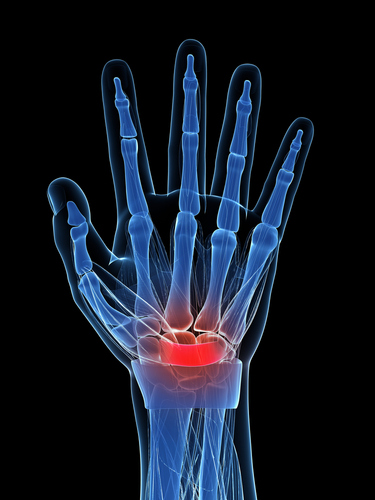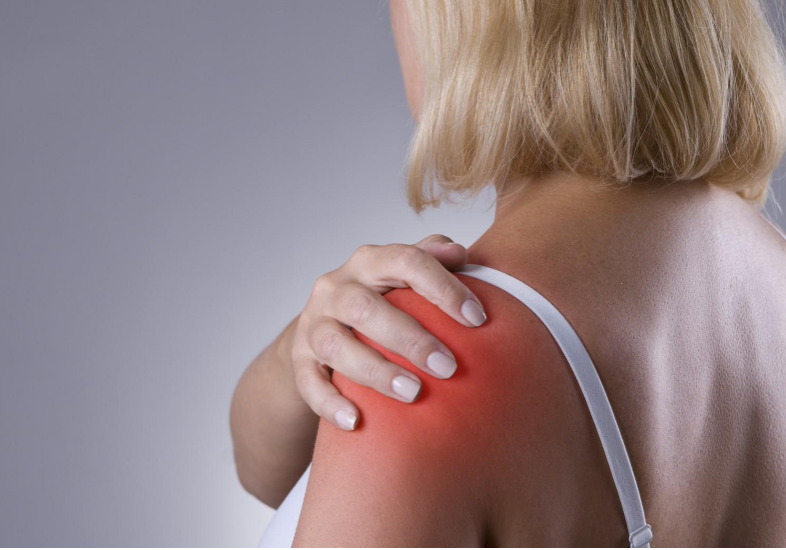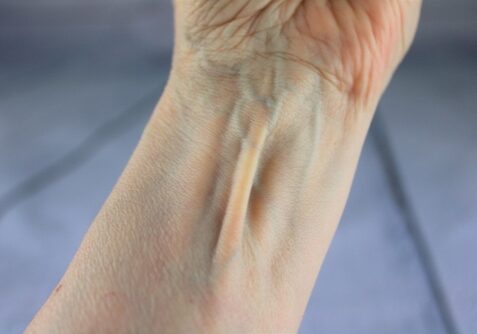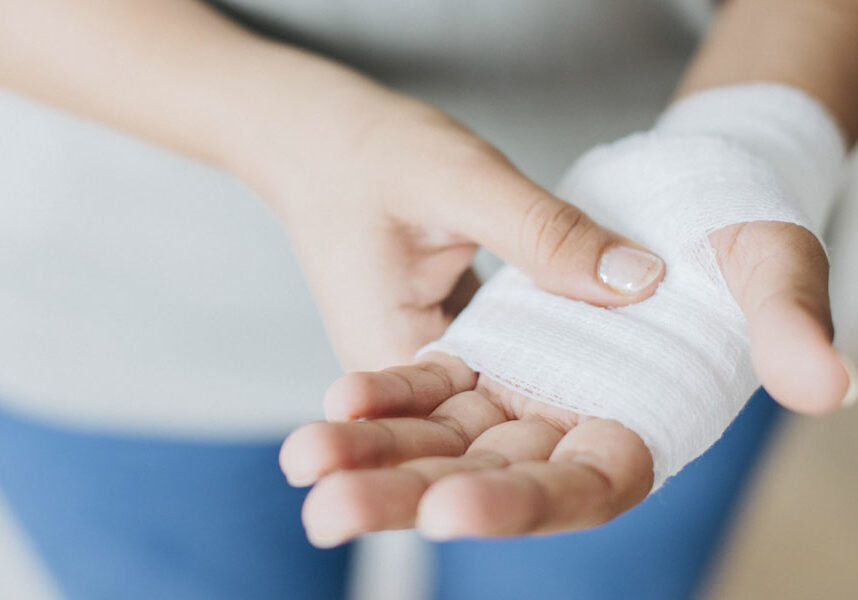Carpal Tunnel Syndrome: How does traditional hand therapy compare with neurodynamic therapy?
Filed under Treatments
Hamzeh, H., Mohammad, M., Alghwiri, A., & Hawamdeh, Z. (2021). The long-term effect of neurodynamics vs. exercise therapy on pain and function in people with carpal tunnel syndrome: A randomized parallel-group clinical trial. Journal of Hand Therapy, 34, 521-530.
The Skinny:

Carpal tunnel is the most common peripheral nerve compression problem. There is now some evidence supporting conservative management over surgical. This makes it a reasonable, potentially cost-saving option over surgery. There is limited information as to which conservative options are the most beneficial. This study looked to compare two different therapy approaches, including traditional exercise therapy and neurodynamics therapy. Hand Therapy for Carpal Tunnel Syndrome Exercises included nerve glides, tendon glides, and soft tissue mobilization vs. neurodynamic therapy, which included using specific manual techniques to change the mechanical characteristic around the nerve.
In the Weeds:
A randomized parallel-group clinical trial was completed. Twenty patients were in the traditional group, and twenty-one patients were in the neurodynamics group. Both groups completed a 60-minute treatment session per week and were prescribed daily exercises depending on if they were in the traditional vs. neurodynamic group. Please see the table below from the study of explanation of neurodynamic activities.
Bringing it Home:

Outcome measures were obtained at the 1-month follow-up and the 6 months follow-up. Outcome measures include the Boston Carpal Tunnel Syndrome Questionnaire, QuickDash, Wrist Range of Motion, and hand Hand Grip Strength. The neurodynamics group demonstrated improvement in all outcome measures. No patient that completed the study needed surgery after treatment. Both treatment options lead to improved strength and function and decreased pain; however, the neurodynamics group showed better results in all outcome measures.
Rating:
The study would be rated 4/5. There was no comparison between no treatment option; therefore, we do not know how patients would have done with natural recovery. Additionally, no patients in the study had severe carpal tunnel symptoms. Also, the study size was relatively small, and it is also difficult to gauge patients’ compliance with home exercise programs.
1 Comments
Leave a Comment
More To Read
Effect of Scapular Proprioceptive Neuromuscular Facilitation on Pain and Disability in Patients with Adhesive Capsulitis
Reviewed by Melissa Miller Mishra, N., Mishra, A., Charaniya, P. (2019). Effect of scapular proprioceptive neuromuscular facilitation on pain and disability in patients with adhesive capsulitis. International Journal of Yogic, Human Movement and Sports Sciences; 4(1): 995-1000 The Skinny Adhesive capsulitis (AC) is an idiopathic disease that affects the movement of the shoulder. AC is…
Read MoreExploring Unique Hand Anatomy
Exploring Unique Hand Anatomy The human hand is a marvel of intricate design with a combination of fine motor capabilities and strength that enable us to perform fine motor tasks ranging from delicate surgery to more gross motor tasks such as carrying heavy loads. However, no two hands are exactly alike. Anatomical variations while they…
Read MoreGot Wounds? How to manage them as a Hand Therapist.
Wound care is messy. It can be intimidating and scary with so many variations of wounds (for example, white skin around wounds) and so many products out there, it is hard to know what to use, when to use it, and how to use it. If you go to a wound care conference, you’ll spend most of…
Read MoreSign-up to Get Updates Straight to Your Inbox!
Sign up with us and we will send you regular blog posts on everything hand therapy, notices every time we upload new videos and tutorials, along with handout, protocols, and other useful information.






Did the groups also wear night splints ?